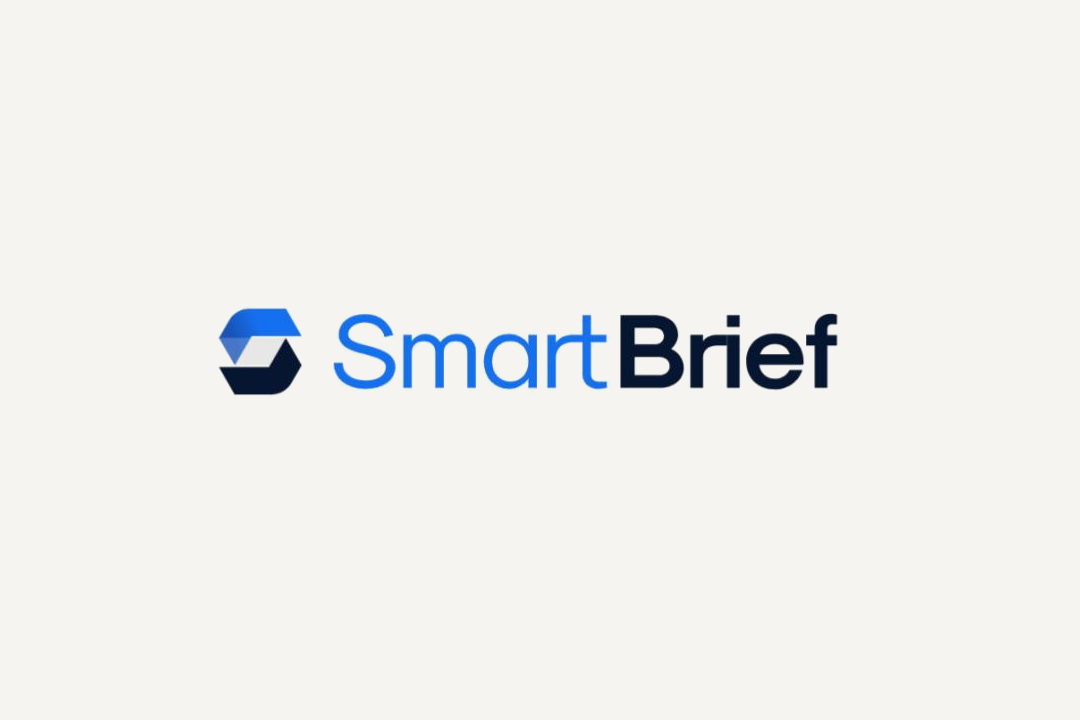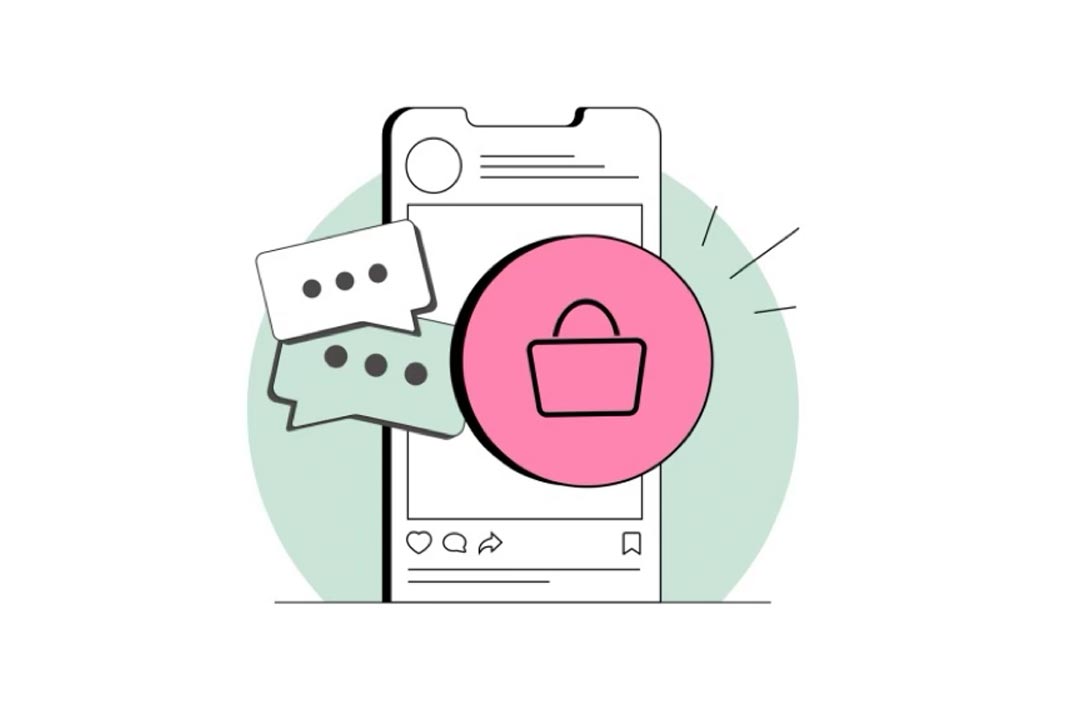I was once told I didn’t have any EQ (by my boss, not my wife, I hasten to add!), but even I have since learnt the power of EQ in business, leadership & customer understanding. EQ stands for Emotional Quotient (also known as Emotional Intelligence) and is the most important leadership skill in business today.
When it comes to business, book-smart folk typically lose out to emotionally-smart people. It is a surprising fact that people with average IQs outperform those with the highest IQs 70% of the time! Research points to EQ as the critical factor that sets star performers apart from the rest of the pack. TalentSmart tested EQ alongside 33 other workplace skills, and found EQ to be the strongest predictor of performance.
Unlike its much-lauded relation IQ, your EQ is not something you are born with. EQ is a flexible set of skills that can be acquired and developed with practice. Although some people are naturally more emotionally intelligent than others, you can evolve to high functioning EQ if you commit.
How to improve your EQ
EQ expert Travis Bradberry, states EQ is made up of two primary competencies: personal competence and social competence. Personal competence is your ability to stay aware of your emotions and manage your behaviour and tendencies. Social competence is your ability to understand other people’s moods, behaviour, and motives in order to improve the quality of your relationships.
Improving your EQ is often specific to individuals, but here are 5 things you can try right away:
- First seek to understand the alternate point-of-view rather than showing instant negative reactions
- Use techniques that work for you, to manage stress showing itself
- Be assertive and express your difficult emotions to others
- Stay proactive and collaborative with difficult personalities
- Try to maintain some perspective when faced with adversity
Benefits of a high EQ
EQ is essentially about achieving better connections with people that matter. Those people could be your team, influential stakeholders, your leaders or your customers. Whoever it is, better connections with people will always lead to better outcomes.
A well-honed EQ allows you to:
- Become a more effective leader
- Attract and inspire the best people
- Take control of inflammatory situations
- Influence stakeholders
- Maintain a calmer working life!
- Achieve deeper, relevant customer understanding
The last one is not often spoken about in relation to EQ. However, treating customers as real human beings rather than anonymous sources of revenue will allow you to understand how your offer fits in with people’s broader lives, rather than solely their “relationship” with your product extracted from a 5-person focus group. To do this effectively, you have to have a high EQ.
Whether you are leading internal relationships or leading customer relationships, being able to connect with people on an emotional level and be empathetic to their perspective is a critical skill in business today.





